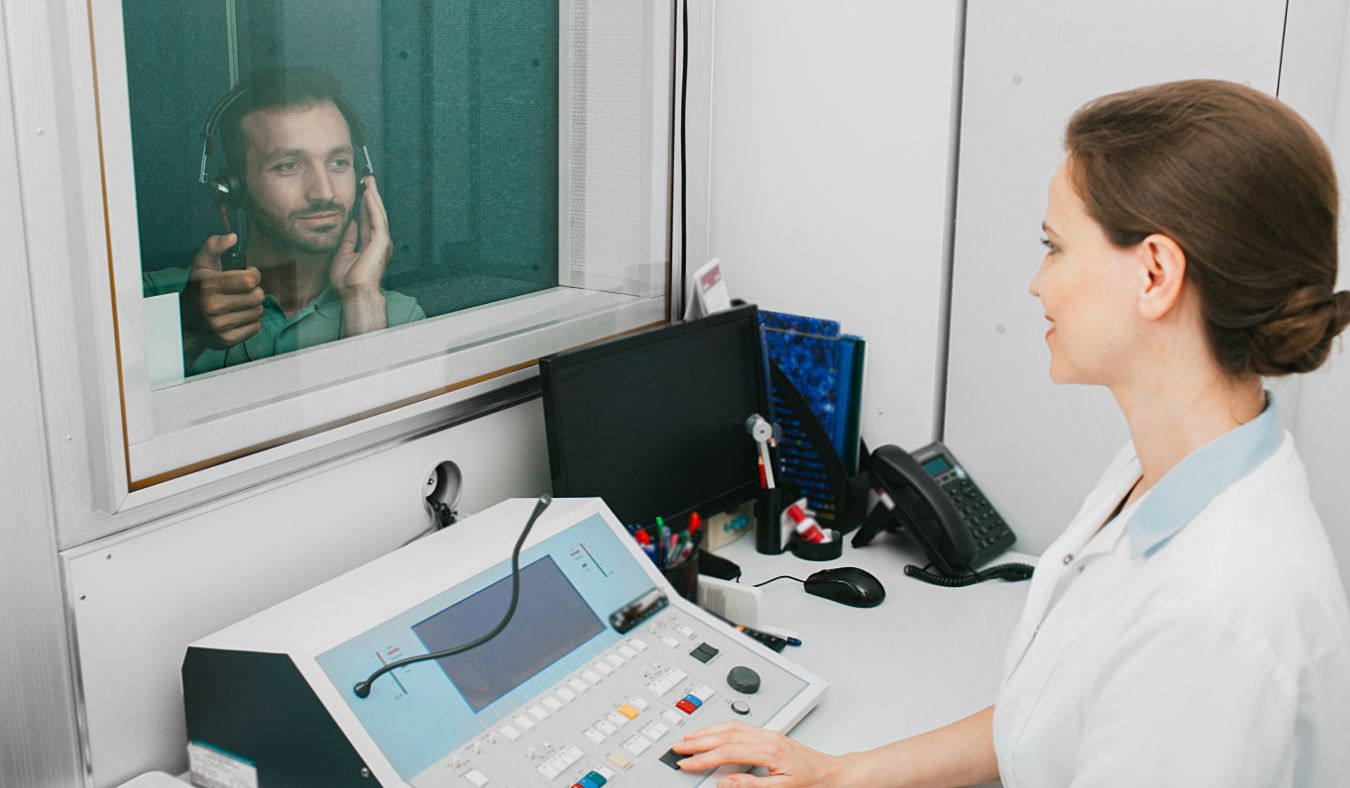Weather conditions can influence our moods, activities, and even our health. We often associate weather-related concerns with physical discomfort, such as temperature or humidity. But it’s important to recognize that the weather can also impact our hearing health. In this blog, we explore how the weather can affect a person’s hearing and hearing aids. We also offer essential tips to prevent weather changes from affecting you.
Understanding the Impact on Hearing Loss
Changes in barometric pressure can affect parts of the middle ear, where the eardrum is. When barometric pressure drops when it storms, it causes changes to your ears. You may feel discomfort, pain, or a feeling of fullness in the ears. Those with existing hearing loss may experience exacerbated symptoms during these changes.
Extreme temperatures and humidity levels can also impact the ears. Cold weather can cause the ear canal to constrict. This leads to reduced blood flow and can affect hearing. Excessive heat and humidity can create an environment for bacterial and fungal growth. This increases the risk of ear infections.
Strong winds can generate intense noise, especially when blowing into the ear canal. Prolonged exposure to wind can cause temporary or permanent hearing damage. This can lead to tinnitus or hearing loss.
Weather’s Impact on Hearing Aids
Hearing aids are sensitive electronic devices that can be susceptible to moisture damage. High humidity levels can cause condensation and moisture buildup inside the hearing aids. This can cause malfunctions or corrosion of internal components. It is crucial to protect hearing aids from excessive moisture. Be sure to use protective covers or store them in dry, secure locations when not in use.
Extreme temperatures, both hot and cold, can affect the performance of hearing aids. Batteries may drain quicker in colder temperatures. Excessive heat can cause the devices to malfunction or shut down for a period of time. You need to keep hearing aids away from direct sunlight and extreme heat or cold.
Preventing Weather Changes from Affecting You
Proper ear hygiene is essential for preventing weather-related ear problems. Keep your ears clean and dry them after swimming or excessive sweating. Avoid inserting foreign objects into the ear canal, as this can lead to injury or infections. When exposed to extreme weather conditions, take necessary precautions to protect your ears. Wear ear protection, such as earmuffs or earplugs, in loud or windy environments. Use hats or scarves to cover your ears in cold weather and shield them from harsh wind.
You should also have regular check-ups with an audiologist to check your hearing. This allows for early detection of any changes related to weather-induced hearing problems. They can provide personalized advice and recommend appropriate interventions if necessary. If you often engage in outdoor activities, consider weather-resistant hearing aids. These devices have protective features to withstand moisture, temperature fluctuations, and wind noise. This ensures optimal performance in challenging weather conditions.
Contact Us
It’s important to follow these measures and stay mindful of the impact of weather on your hearing. You need to be able to mitigate potential issues and maintain good hearing health all year long. If you need help preserving your hearing health, contact us today. We can help you with all your hearing care needs.




